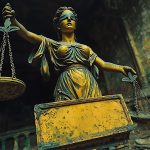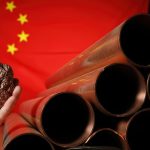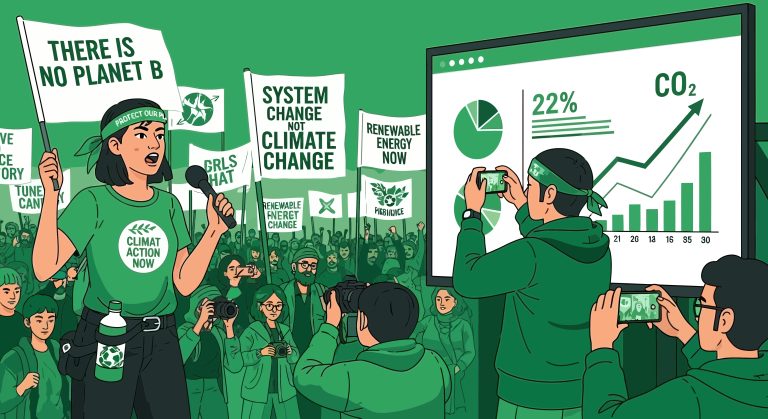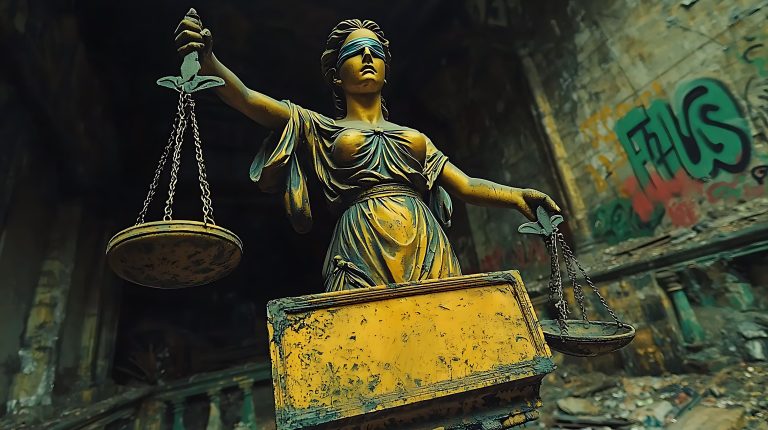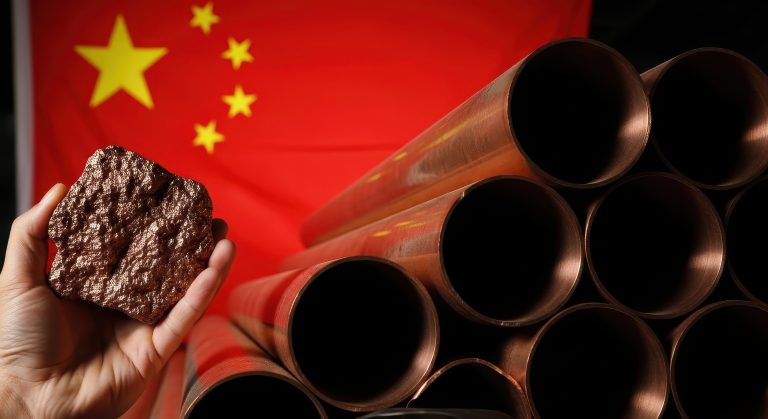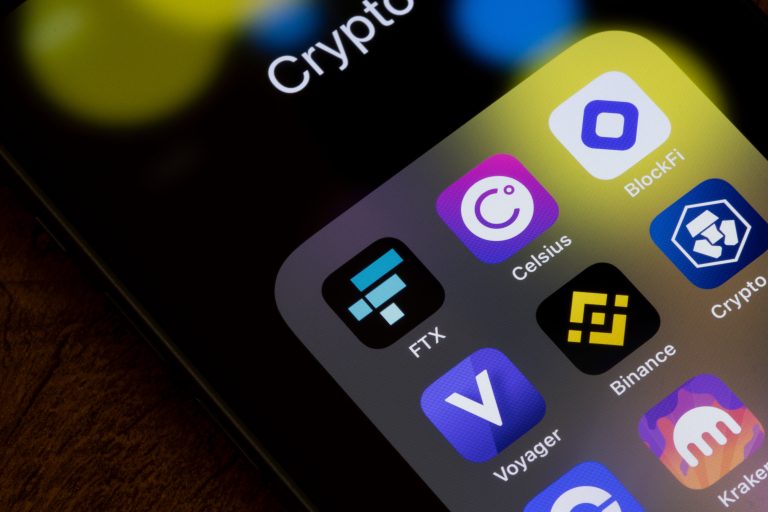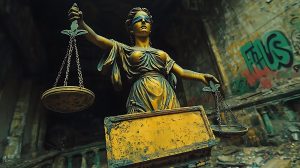
The promise of purity, corroded by power. Across the world, “anti-corruption” campaigns have become tools of political control — turning justice into theater and morality into machinery.
The Purge Rebranded as Reform
It starts with a promise: clean government, justice, accountability.
But in the 21st century, “anti-corruption” has become the most versatile tool in modern politics — a banner waved by autocrats, technocrats, and democrats alike.
From Beijing to Riyadh, from Hanoi to Ankara, governments are discovering that the fastest way to consolidate control isn’t through ideology — it’s through integrity branding.
Call it the Purge Rebranded as Reform.
The language is moral. The outcomes are political.
China: Discipline as Governance
In 2012, Xi Jinping launched the “Tigers and Flies” campaign — a sweeping anti-graft drive targeting both senior officials (“tigers”) and local bureaucrats (“flies”).
By 2025, over 2.3 million officials had been punished or dismissed.
Yes, graft was real. But so was the pattern:
- Purges of rival factions within the Party.
- Tightened control of the People’s Liberation Army.
- Centralization of disciplinary power under the Central Commission for Discipline Inspection (CCDI) — an organ answerable only to Xi.
The result: a “disciplinary state” where loyalty became the highest form of virtue.
Anti-corruption in China wasn’t a cleanup — it was a recode of authority.
The moral vocabulary replaced ideology, and purity replaced pluralism.
Vietnam: The Blazing Furnace That Burned Too Clean
Hanoi adopted its own version — “The Blazing Furnace.”
Under late Party Chief Nguyen Phu Trong, it became the signature anti-graft crusade of Southeast Asia.
The campaign exposed genuine scandals: pandemic profiteering, construction bribes, corporate kickbacks.
But its timing also aligned with Vietnam’s power shifts — removing rivals, silencing reformist voices, and strengthening the Ministry of Public Security.
When Luu Anh Tuan, head of the rare-earth firm VTRE, was arrested in 2023 on “fraud” charges, the effect was geopolitical.
It halted the Dong Pao rare earth project — Vietnam’s best hope for independence from Chinese mineral control.
Now, under To Lam, the former security chief who rose to the presidency in 2024, Vietnam’s anti-corruption framework functions less like reform and more like political maintenance.
The message: burn bright enough to cleanse, but not enough to destabilize.
Saudi Arabia: The Ritz-Carlton Purge
In 2017, Crown Prince Mohammed bin Salman (MBS) locked hundreds of princes, officials, and billionaires inside Riyadh’s Ritz-Carlton Hotel.
He called it an anti-corruption campaign.
Detained royals were told to “settle” — and collectively forfeited more than $100 billion in cash and assets.
Within months, MBS consolidated absolute control of the state and its sovereign wealth funds.
The purge looked like reform, sounded like renewal, and ended as a transfer of power and capital.
Anti-corruption became asset recovery for the throne.
Russia & Turkey: Legalism as Loyalty Test
Both Moscow and Ankara weaponized legality itself.
In Russia, “anti-corruption” and “foreign agent” laws target opposition figures like Alexei Navalny, NGOs, and journalists.
In Turkey, the rhetoric of graft and national honor was used to purge military officers and civil servants after the 2016 coup attempt — many replaced by loyalists to President Erdoğan.
The structure is the same:
- Declare corruption the national disease.
- Cast opponents as vectors.
- Cure the system by removing dissent.
This is hygienic authoritarianism — power sanitized by moral vocabulary.
Ukraine and the Western Mirror
The tactic isn’t confined to autocracies.
Since 2014, Western donors and institutions have tied anti-corruption benchmarks to Ukraine’s loans, military aid, and EU accession.
Each funding tranche comes with moral conditions — prosecute this oligarch, replace that minister.
To the West, it’s good governance.
To Kyiv, it’s sometimes externalized control.
While most of the reforms are legitimate, the mechanism creates a new dynamic: anti-corruption becomes a lever of dependency.
Morality as currency.
The Playbook
Across regions and ideologies, the same choreography repeats:
- Declare a moral emergency Rally the public around virtue. Legitimizes extraordinary action.
- Target rivals under moral cover Replace elites while appearing righteous. Power consolidation.
- Align with foreign expectations Earn legitimacy or aid from abroad. International validation.
- Institutionalize compliance Build watchdog agencies loyal to the leader. Permanent control structure.
The result: a system of moral capture — where purity becomes performance and loyalty is the only clean currency.
The Globalization of Virtue Politics
Anti-corruption has become the lingua franca of modern statecraft.
It’s how authoritarian leaders justify repression, and how global powers justify interference.
Both sides use the same word — “integrity” — to advance incompatible interests.
In the process, the concept itself erodes: the more often governments claim to “clean house,” the dirtier the motives become.
We’ve entered an era of moral geopolitics, where reform is less about cleansing the system than rewriting who’s allowed to be dirty.
The Cost of Belief
Real anti-corruption reform is possible — and necessary.
But when it becomes selective, it stops being reform and starts being theater.
Across continents, from the Ritz to the Politburo, integrity is being redefined not as doing right, but as belonging to the right side.
The damage isn’t just political. It’s moral.
When truth becomes a weapon, justice becomes collateral.
What’s Really Going On
Anti-corruption is no longer just policy. It’s statecraft in disguise.
A tool of legitimacy, a narrative of renewal, a mechanism of obedience.
It purges rivals, attracts foreign trust, and fortifies regimes — all while wearing the mask of moral restoration.
The tragedy is that genuine reformers now carry the same label as the opportunists who destroyed it.
What began as a call for justice has become the new architecture of control.
Sources & Transparency
- China: CCDI and State Council releases (2012–2025); MERICS and CSIS analyses on disciplinary power.
- Vietnam: Reuters (2023–2025); CSIS “Blazing Furnace” brief; Cambridge University Press (2024).
- Saudi Arabia: Reuters / Bloomberg (2017–2018); FT archives on Vision 2030 capital reallocation.
- Russia / Turkey: Carnegie Moscow Center; Human Rights Watch; CSIS (2023).
- Ukraine / IMF conditionality: EU Commission reports (2024–2025); Transparency International.
- Comparative Studies: MERICS / Cambridge “Political Protection” research; World Bank Governance Indicators.


